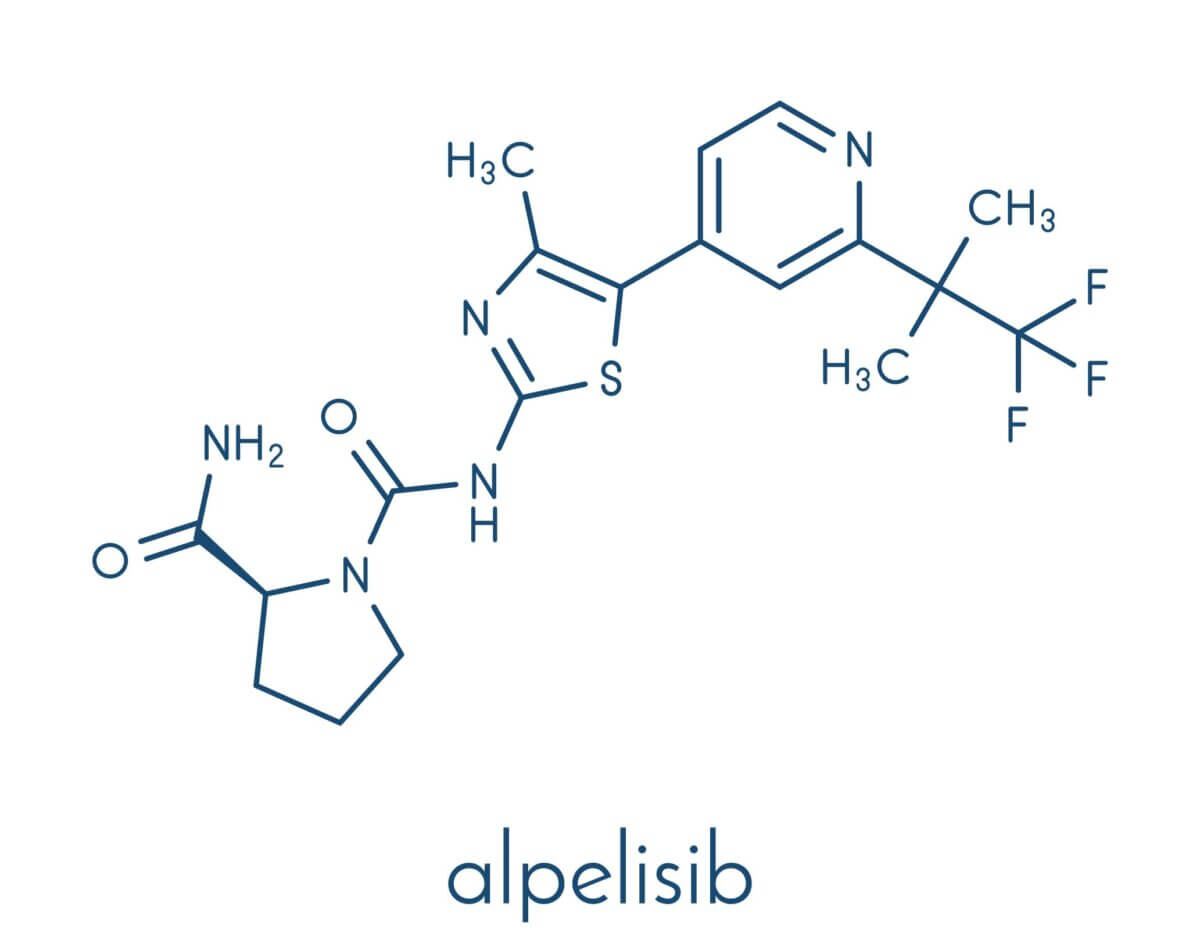AUCKLAND, New Zealand — Humanity has been enthralled by the notion of immortality for as long as we’ve walked the Earth. It’s a captivating idea, but ask yourself, would you really want to live forever? Eternity is bound to get boring eventually, but pretty much everyone will agree they’d like to live a long, full life. To that end, new research from the University of Auckland reports the drug alpelisib, currently used to treat cancer, is capable of increasing one’s lifespan by an average of 10 percent to around three years.
While alpelisib may not exactly be the fountain of youth in pill form, study authors say it has the potential to promote both longer and healthier aging. A group of healthy mice were given the drug from middle-age (one year old) to facilitate these findings.
The research team fed the rodents either a control diet or the same diet plus alpelisib. Mice given the cancer drug lived longer, and even displayed signs of being healthier in old age like improved coordination and strength. All that being said, study authors admit they remain cautious about the drug’s application among humans. Why? Rodents given alpelisib also showed some negative aging markers such as lower bone mass.
“Aging is not only about lifespan but also about quality of life,” says research fellow Dr. Chris Hedges in a university release. “Therefore, we were pleased to see this drug treatment not only increased longevity of the mice but they also showed many signs of healthier aging. We are working now to understand how this happens.”

Scientists emphasize there is still much research to be done and that no one should ever consider taking the drug on their own.
“We are not suggesting that anyone should go out and take this drug long-term to extend lifespan, as there are some side effects,” adds principal investigator Troy Merry., importantly. “However, this work identifies mechanisms crucial to aging that will be of use in our long-term efforts to increase lifespan and health-span. It also suggests a number of possible ways in which shorter term treatments with this drug could be used to treat certain metabolic health conditions and we are following this up now,”
According to Professor Shepherd, alpelisib works by targeting the PI 3-kinase enzyme.
“We have been working on developing drugs to target PI 3-kinase for more than 20 years as evidence indicated they would be useful to treat cancers, as many cancers have an excess activation of this pathway,” he concludes. “Therefore, it’s great to see that these drugs might have uses in other areas and reveal novel mechanisms contributing to age-related diseases. It also shows the value of long-term investment in research is areas such as this.”
The study is published in Nature Aging.

Bill Gates does not approve, unless he is one of few who get the drug.
So, they think it’s a good idea for healthy people to take a cancer drug even though the recipient doesn’t have cancer; consuming this cancer drug could possibly cause the deterioration of bone, thus resulting in pain, lack of mobility, or worse; there was nothing mentioned about the possibility that this drug could prevent cancer, but then given current history on the prevention of certain shots against certain viruses they would be best to stop making such outrageous promises; and, we’d all get to live longer in this immoral, violent, godless world. Don’t sign me up. I will happily go to my death at the appointed time and spend eternity with Lord Jesus.